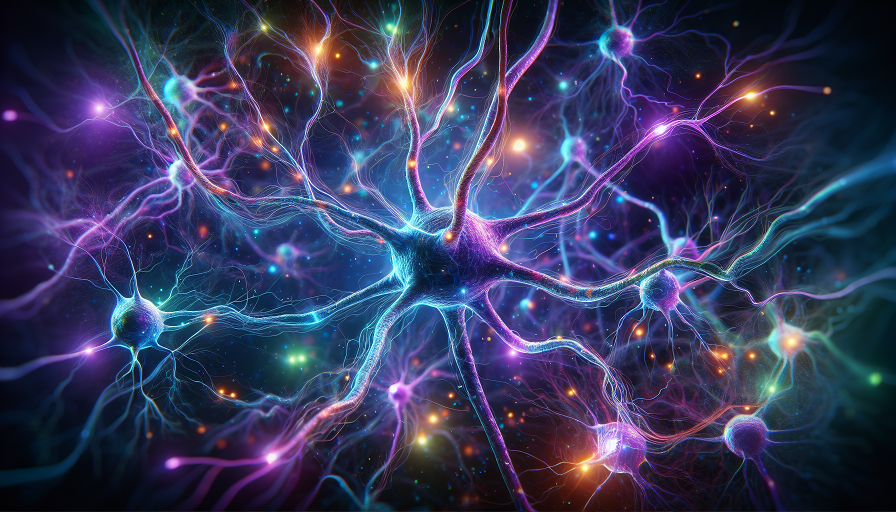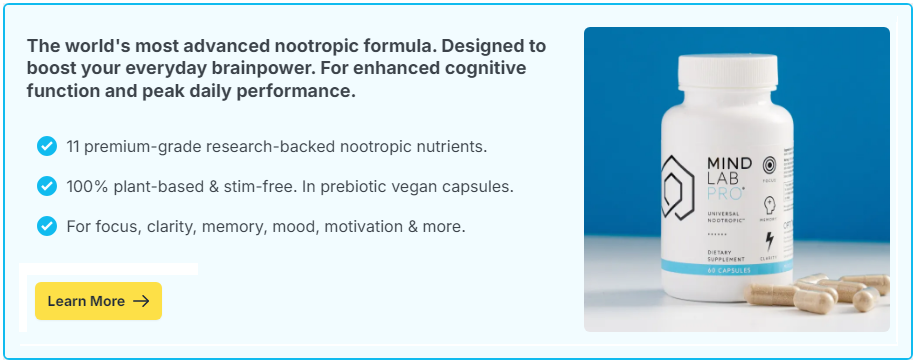
Boosting brain health is a subject that’s gaining increasing attention, and rightly so. Our brains, after all, are the command centers of our bodies. In today’s modern world, finding the right balance between creativity and focus can feel like walking a tightrope. Many people are also exploring nootropics—substances that claim to enhance cognitive performance. But how do creativity, focus, and nootropics work together to create that perfect cognitive balance?
Contents
Understanding Creativity and Focus
Before diving into how nootropics can play a part, let’s first understand creativity and focus. They might seem like opposites, yet both are vital for achieving brain health and peak performance.
What is Creativity?
Creativity involves coming up with new and innovative ideas. It’s what allows artists to paint masterpieces, writers to pen novels, and inventors to come up with groundbreaking solutions. It’s driven by our capacity to imagine and think outside the box.
Creativity often thrives in a less structured environment. It’s the spark that happens when you’re daydreaming or letting your mind wander. The good news is that everyone is creative in their own way, and nurturing it can lead to better problem-solving and more engaging forms of self-expression.
The Power of Focus
Focus, on the other hand, is the ability to direct our attention to a specific task or idea, blocking out distractions. It’s essential for productivity and for getting things done efficiently. When focused, we can concentrate our mental energies, making us more effective in whatever we’re doing.
While creativity thrives on variety, focus benefits from routine and structure. It requires discipline, but it’s worth cultivating. Developing focus can improve learning, memory, and even how well we perform in our daily tasks.
Striking a Balance Between Creativity and Focus
It might seem like creativity and focus are at odds with one another, but the truth is they can work in harmony. Achieving balance is key to harnessing the strengths of both:
- Scheduled Creativity Sessions: Allocate specific times in your day for creative activities. During this time, let your mind explore freely without constraints.
- Focused Work Blocks: Utilize methods like the Pomodoro Technique, where you concentrate on a task for 25 minutes with a 5-minute break afterwards. This maintains your focus while preventing burnout.
- Mindfulness and Meditation: Practices such as meditation can help bridge the gap between creativity and focus. They allow the mind to relax, leading to increased awareness and the ability to switch between tasks more seamlessly.
The Role of Nootropics
Now, with a deeper understanding of creativity and focus, let’s explore how nootropics can support these functions. Nootropics are substances that some people use to potentially improve cognitive function, particularly executive functions, memory, creativity, or motivation.
Types of Nootropics
There are various types of nootropics, each with different benefits:
- Caffeine: Perhaps the most widely used nootropic, it’s known for improving alertness and focus. Found in coffee and tea, it can help you tackle tasks that require sustained attention.
- L-Theanine: Often paired with caffeine, it promotes relaxation without drowsiness, balancing the stimulating effects of caffeine.
- Ginkgo Biloba: This herbal supplement is thought to enhance memory and cognitive speed.
- Omega-3 Fatty Acids: Essential for brain health, they support overall cognitive function and may improve mood.
Before trying nootropics, it’s important to do your research and consult with a healthcare professional, as the effects can vary from person to person.
How Nootropics Can Boost Creativity and Focus
Nootropics might offer benefits in striking the balance between creativity and focus. Here’s how:
- Enhancing Brain Function: By boosting different aspects of brain health, nootropics can improve cognitive abilities. This might include better memory, increased alertness, and even greater problem-solving skills.
- Reducing Fatigue and Anxiety: Some nootropics can help reduce mental fatigue and anxieties, which can often hinder both creativity and focus. This can leave you more mentally equipped to tackle creative tasks or focus-intensive projects.
- Improving Mood: Feeling good is essential for creativity and focus. Nootropics that support mood enhancement can thus indirectly contribute to better brain function.
Creating Your Personal Cognitive Plan
Now that we’ve explored the interplay between creativity, focus, and nootropics, you might be considering how to integrate them into your life. Here’s a step-by-step approach:
- Self-Assessment: Consider your current cognitive strengths and weaknesses. Are you more creative or focused? Identify areas for improvement.
- Research Nootropics: Understand the different nootropics available and how they might support your goals.
- Trial and Error: Start small and test different nootropics to find what works best for you, always keeping a health professional in the loop.
- Balance Your Routine: Develop daily habits that promote both creativity and focus, like regular exercise and good sleep habits, and use nootropics as a supplementary strategy.
- Track Progress: Keep a journal to note how different strategies and nootropics affect your creativity and focus. Adjust as needed to find your perfect balance.
Continuous Learning and Adaptation
Achieving cognitive balance is a dynamic process, often requiring adaptation as new insights and information become available. Stay informed about the latest research on brain health, creativity, and focus enhancers. By keeping pace with these developments, you ensure your strategies remain effective and grounded in evidence-based practices.
Remember, enhancing your cognitive abilities is a journey that blends lifestyle habits, mindfulness, and potentially the judicious use of supplements like nootropics. With an attentive, reflective approach, you can cultivate the perfect balance of creativity and focus, leading to a more vibrant, fulfilled life.

